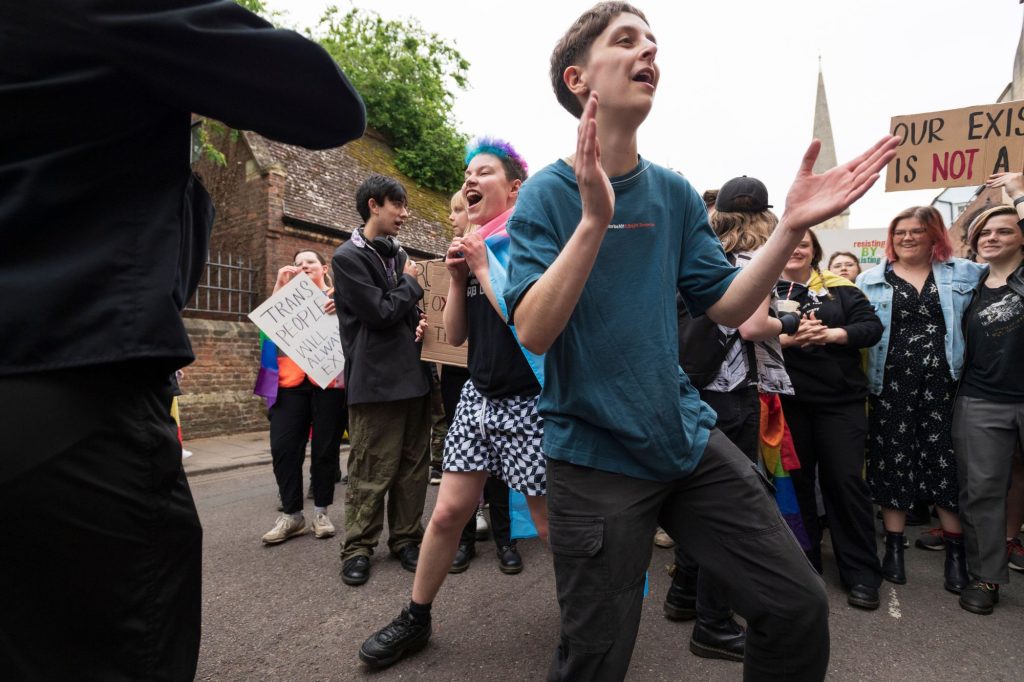The recent decision by the Office for Students (OfS) to fine Sussex University a staggering £585,000 has ignited a fierce debate around issues of free speech and academic freedom in higher education. This record-breaking fine is a response to the university’s alleged failure to protect freedom of speech on its campus, a situation that traces back to the high-profile departure of Professor Kathleen Stock in 2021, amidst accusations of transphobia and escalating student protests surrounding her views on gender issues.
The OfS Investigation and Its Aftermath
The OfS concluded that Stock’s experiences had led to a change in her teaching approach, expressing concerns that this might have a « chilling effect » on other students and faculty members, potentially leading them to self-censor. The penalty imposed on Sussex University marks the largest fine the OfS has ever levied against an institution, underscoring the gravity with which it perceives the breach of its standards on safeguarding freedom of speech.
However, the severity of this fine, and the investigation leading to it, have been met with skepticism and criticism from within the academic community. Professor Sasha Roseneil, Vice Chancellor of Sussex University, has vocally challenged the OfS’s decision, describing the investigation as « Kafkaesque, » and claiming it was politically motivated. She argues that the process was flawed and lacked comprehensive engagement, alleging that the investigation was limited to an interview with Stock without substantive interaction with the university itself.
Implications for Universities and Free Speech
Roseneil’s comments bring to light the broader tension between safeguarding freedom of speech and managing controversial discourses within academic institutions. She emphasizes the necessity for a regulator that collaborates constructively with universities to navigate the complex landscape of academic freedom, equity, and inclusion. In her view, the current approach adopted by the OfS, characterized by imposing disproportionate fines amidst a financially struggling education sector, fails to contribute meaningfully to resolving these challenges.
Furthermore, Roseneil articulates a concern that such high-stake measures could set a worrying precedent, deterring open debate and freedom of expression across UK campuses. She argues for an approach where universities are viewed as partners in the search for solutions to balance these intricate issues, rather than adversaries in a seemingly politicized arena.
The Larger Context of Academic Freedom
This situation at Sussex University is not isolated, but symptomatic of a larger discourse taking place across many universities in England. Issues concerning gender, identity, and equality increasingly intersect with debates around free speech and academic autonomy. As societal divisions and cultural disputes make their presence felt on campuses, universities continue to navigate these formidable challenges at the forefront of public discourse.
Incidents like the protests against the war in Gaza serve as reminders that academic institutions are often microcosms of societal debates, making the support of thoughtful and adaptive regulatory bodies even more crucial. Advocates for greater collaboration argue that by working together with educational entities, regulators could better develop practices that not only preserve free speech but also promote an institutional culture inclusive of diverse perspectives and experiences.
The conversation surrounding Sussex University and Professor Stock serves as a pivotal moment for examining the role of regulatory bodies and their interventions in matters of academic freedom. As debates continue, the outcomes and dialogues stemming from this case are likely to influence how universities across the UK manage similar issues in the future, potentially reshaping the boundaries and definition of free speech within academic contexts.
